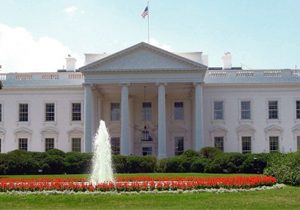 In recent years, several states have adopted laws requiring private (nongovernmental) employers to set up payroll deduction individual retirement accounts, individual retirement annuities, or Roth IRAs (collectively, IRAs) for their employees. Certain localities have also indicated an interest in setting up such programs. ERISA by its terms generally preempts any and all state laws relating to any employee benefit plan regulated by ERISA, other than state laws that regulate insurance, banking, or securities. ERISA
In recent years, several states have adopted laws requiring private (nongovernmental) employers to set up payroll deduction individual retirement accounts, individual retirement annuities, or Roth IRAs (collectively, IRAs) for their employees. Certain localities have also indicated an interest in setting up such programs. ERISA by its terms generally preempts any and all state laws relating to any employee benefit plan regulated by ERISA, other than state laws that regulate insurance, banking, or securities. ERISA
- Are the state or local laws setting up such programs preempted by ERISA?
- Aare the plans themselves subject to ERISA?
The Department of Labor issued final regulations on August 30, 2016 providing a safe harbor for statewide plans covering private employers. On December 20, 2016, it expanded on those regulations with further regulations providing a safe harbor for plans for private employers operated by local governments. This bulletin discusses how those programs work, and what employers can expect from them.

 Based on both campaign promises and Donald Trump’s plans for his first 100 days, a Trump presidency is likely to make major changes in employee benefits law. The most significant ones are likely to be:
Based on both campaign promises and Donald Trump’s plans for his first 100 days, a Trump presidency is likely to make major changes in employee benefits law. The most significant ones are likely to be: